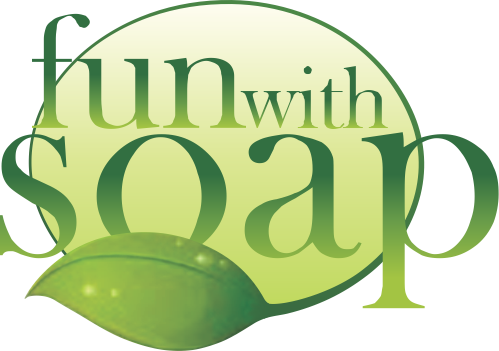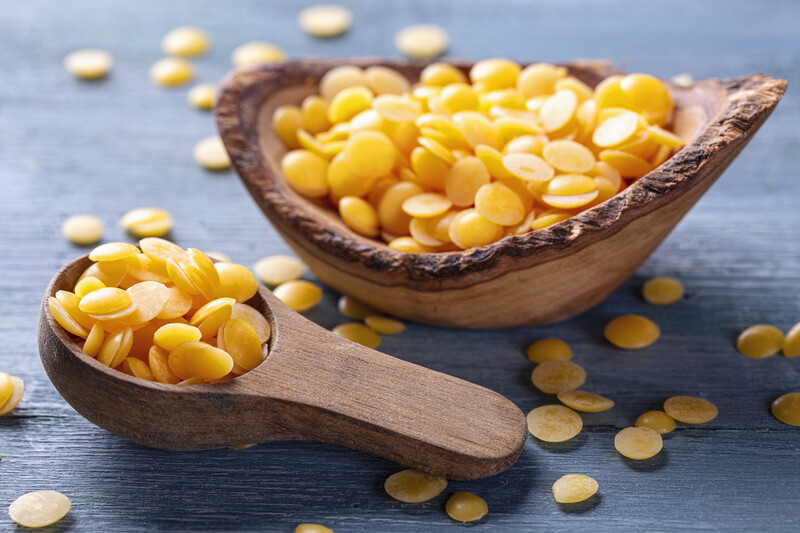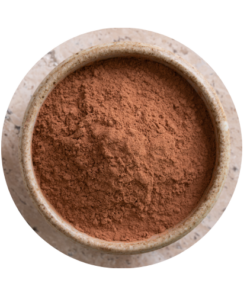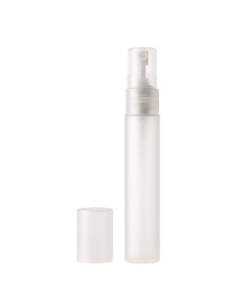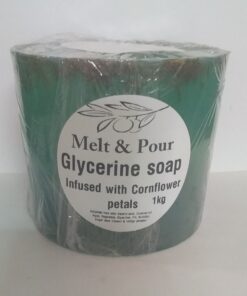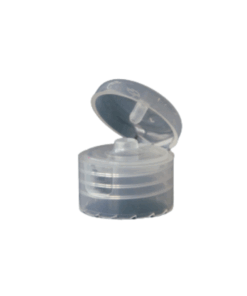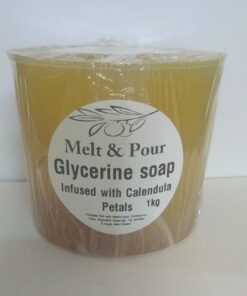Beeswax Beads Natural – 20kg
R8832,00
Beeswax Beads Natural – 20kg – Whether you’re making skin-loving balms or sustainable home products, these beads offer performance and beautiful results.
Available on backorder
Beeswax Beads Natural – 20kg
Pure Crafting Simplicity with a Gentle Honey Scent
Our Natural Beeswax Beads are filtered but unrefined, retaining their soft yellow colour and subtle honey aroma. They’re made from pure beeswax sourced from quality beekeepers, then pelletised for convenience. These easy-to-measure beads melt quickly and blend smoothly, making them ideal for DIY formulations and handmade crafts where natural ingredients matter.
Whether you’re making skin-loving balms or sustainable home products, these natural beads offer reliable performance and beautiful results. They help to thicken, protect, and stabilize your recipes, all while maintaining a warm, nature-inspired aesthetic.
Key Benefits
-
Gently Filtered, Not Bleached
Preserves the natural golden colour and light honey scent of raw beeswax. -
Protective Skin Barrier
Locks in moisture and shields the skin with a breathable, non-comedogenic layer. -
Improves Product Texture
Thickens balms, creams, candles, and wraps with a natural consistency and smooth finish. -
Melt-Friendly Format
Uniform beads make weighing, melting, and blending far easier than solid blocks. -
Eco-Conscious & Biodegradable
A planet-friendly alternative to synthetic waxes, ideal for natural and sustainable product ranges.
Common Uses
-
Lip balms, lotion bars, and moisturisers
-
Herbal salves and beeswax wraps
-
Non-toxic polish for wood and leather
-
Candle making and wax melts
-
Aromatherapy balms and solid perfumes
How to Use Natural Beeswax Beads
Melt your beeswax beads in a double boiler or microwave using gentle, controlled heat. The melt point is around 62–64°C. Stir continuously for smooth blending.
-
For Skincare: Combine with oils and butters, add essential oils once the mixture cools. Use 1–10% depending on desired consistency.
-
For Candles: Blend with soy or coconut wax for better burn quality. Add fragrance at the right temperature for maximum scent throw.
-
For Wraps or Polish: Mix with oils and resins, then brush onto cotton or cloth while warm.
Natural Beeswax Beads are a reliable and easy-to-use staple for any maker looking to work with clean, simple, and effective ingredients. They bring nature’s versatility and elegance straight into your hands.
| Weight | 21 kg |
|---|---|
| Dimensions | 45 × 30 × 30 cm |
Related products
Glycerine Melt and Pour Soap
